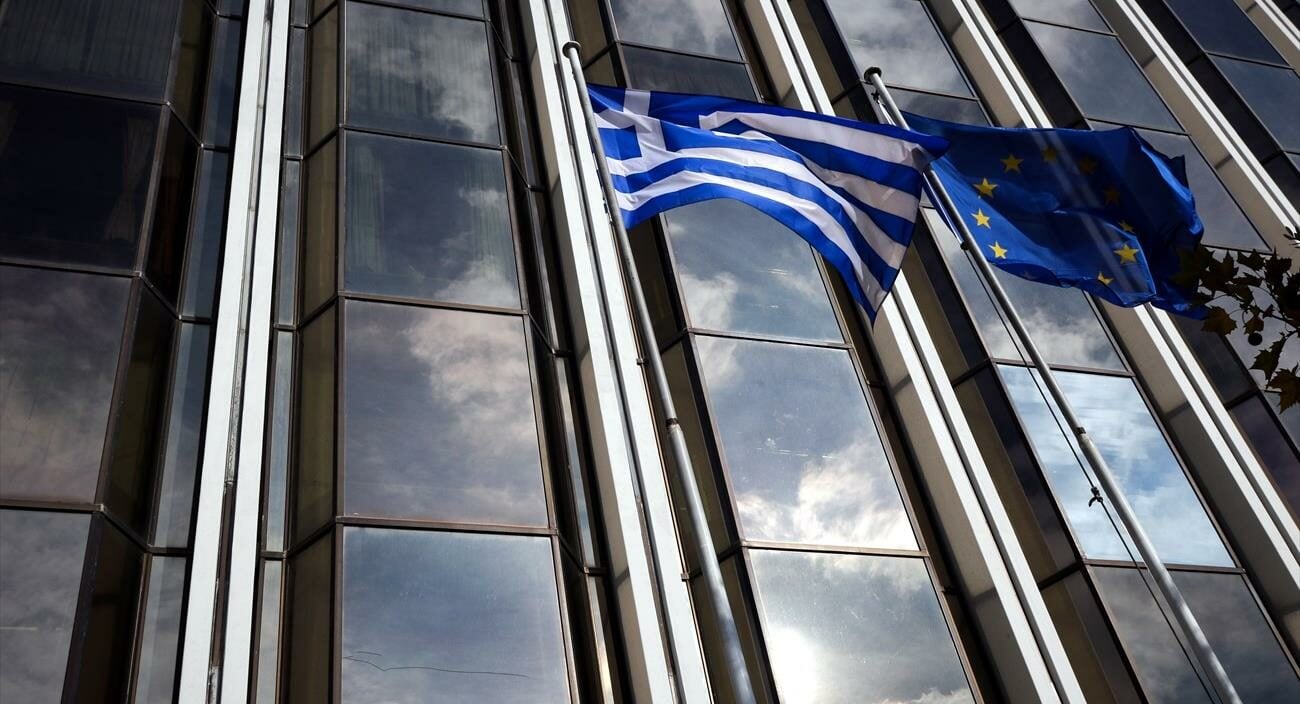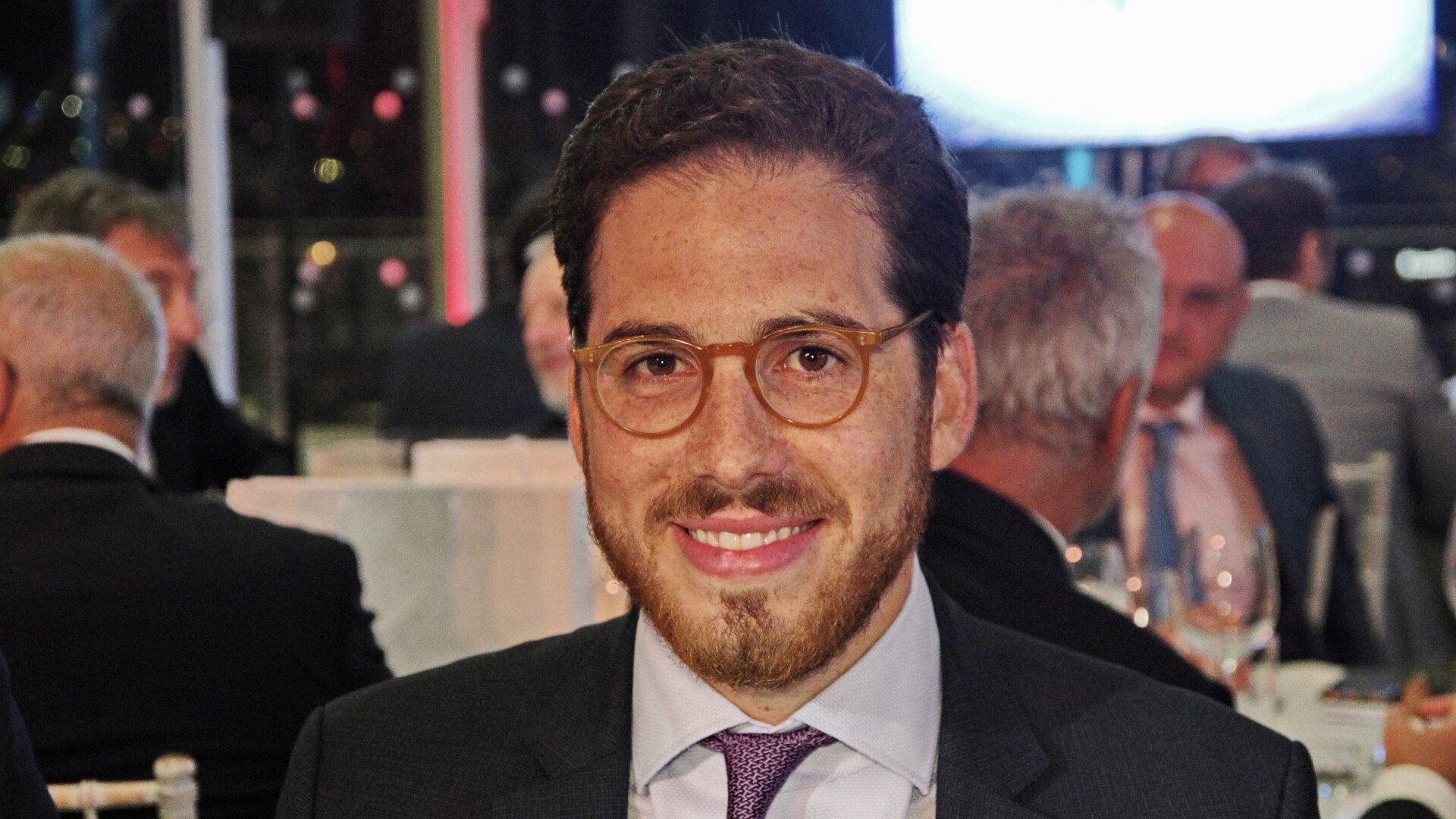 Hades, the Greek God of the dormant and riches and the King of the underworld. Credit: Carole Raddato / Wikimedia Commons / CC BY-SA 2.0
Hades, the Greek God of the dormant and riches and the King of the underworld. Credit: Carole Raddato / Wikimedia Commons / CC BY-SA 2.0In the ancient Greek world, the afterlife was much than a distant mystery; it was a almighty unit that shaped spiritual beliefs, rituals and idiosyncratic choices. People sought answers not lone astir the gods who governed the surviving but besides astir what awaited them aft death.
These aboriginal ideas astir divine power, spiritual purification and beingness beyond the sedate evolved implicit centuries, reflecting some corporate contented and idiosyncratic faith.
Greek myths portrayed Hades, the deity of the underworld, arsenic a distant and unyielding figure. His domain, shrouded successful gloom and chopped disconnected by the River Styx, offered nary comfortableness to the dead.
The ancient Greek writer Homer described it arsenic a realm of decay and silence, wherever adjacent heroic souls recovered nary joy. In the Odyssey, erstwhile Odysseus meets the tone of Achilles, the fallen warrior tells him helium would alternatively service a mediocre antheral connected world than regularisation implicit the dead.
This presumption captured the past Greek thought that life, contempt its pain, was preferable to the emptiness that followed.
Personal salvation and the emergence of enigma cults
Over time, this grim imaginativeness of decease began to change. As radical sought deeper meaning successful their lives, caller cults and spiritual movements emerged. These enigma religions promised a way toward a much hopeful afterlife done idiosyncratic initiation and spiritual cleansing.
Their ceremonies were backstage and emotional, often held astatine nighttime by torchlight, particularly connected the island of Samothrace. The rites remained secret, protected by vows that inactive support galore of their details unknown.
 The Hieron, oregon Sanctuary of the Great Gods, Samothrace, Greece. Credit: Ggia CC BY SA 3.0
The Hieron, oregon Sanctuary of the Great Gods, Samothrace, Greece. Credit: Ggia CC BY SA 3.0While nationalist worship remained cardinal to Greek spiritual life, galore began turning toward practices that focused connected idiosyncratic salvation.
Sacred sites served arsenic centers for festivals, oracles and ceremonies, and immoderate locations, similar Mount Olympus, were believed to beryllium homes of the gods themselves.
Ancient Greek religion and the roots of afterlife beliefs
By the 4th period B.C., spiritual groups had started offering rituals that aimed to purify the psyche and erase the motivation flaws of humanity. These ideas created a instauration for aboriginal spiritual developments.
When Christianity dispersed crossed the past world, it absorbed respective earlier elements, including ritual cleansing, ineffable texts and the committedness of antithetic outcomes successful the afterlife for the initiated and uninitiated.
The gods worshipped by the Greeks were immortal but flawed. According to Homer, the Olympians were driven by emotions similar desire, choler and jealousy. Still, they held powerfulness implicit fate. To question their guidance, radical turned to oracles, who delivered messages done riddles, earthy signs oregon adjacent the rustle of leaves.
In beingness and successful death, past Greek beliefs shaped however radical understood their spot successful the satellite — and what mightiness hold for them beyond it.

 12 hours ago
6
12 hours ago
6








 Greek (GR) ·
Greek (GR) ·  English (US) ·
English (US) ·